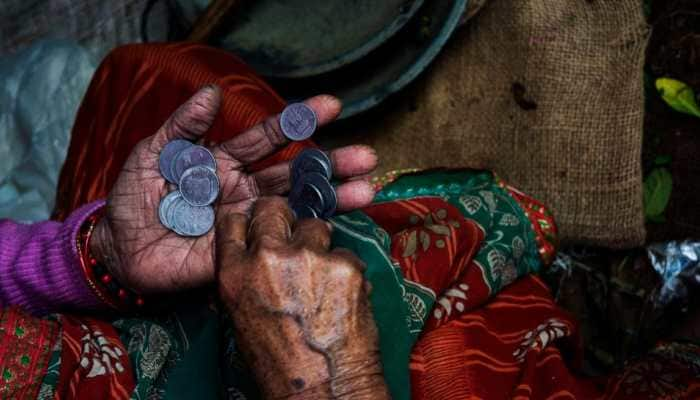Explained: Overflowing Yamuna Leads To Drinking Water Crisis In Delhi
The Yamuna river in Delhi reached a staggering height of 208.48 meters on Thursday morning, surpassing previous records.
Trending Photos
)
Delhi is facing a severe water crisis as the Yamuna river continues to swell, leading to the closure of water treatment plants and a potential disruption in the city's water supply. Rising water levels in the Yamuna have inundated nearby areas, causing hardships for residents. With the situation worsening, Delhi Chief Minister Arvind Kejriwal has called for immediate intervention and requested the release of water from the Hathnikund barrage in Haryana to mitigate the crisis. This article provides a detailed account of the current situation, government actions, and potential consequences.
Rising Yamuna Levels and Water Treatment Plant Shutdowns:
The Yamuna river in Delhi reached a staggering height of 208.48 meters on Thursday morning, surpassing previous records. The rising water levels have resulted in the inundation of nearby streets and infrastructure, severely affecting residents living in close proximity to the river. As a consequence, water treatment plants at Wazirabad, Chandrawal, and Okhla have been temporarily shut down due to the extreme situation. Chief Minister Arvind Kejriwal highlighted the potential impact on water supply and assured that the plants would resume operations once the Yamuna water recedes.
Government's Response and Emergency Measures:
Recognizing the urgency of the situation, Lieutenant Governor V K Saxena has called for a special meeting of the Delhi Disaster Management Authority (DDMA) to discuss the flood situation in the city. Chief Minister Arvind Kejriwal, as the vice-chairman of DDMA, will also attend the meeting. The imposition of Section 144 of the CrPC in flood-prone areas aims to prevent unlawful assembly and ensure public safety.
Kejriwal's Appeal for Assistance:
Chief Minister Arvind Kejriwal has urged the central government to intervene promptly to address the flooding crisis. In a letter to Union Home Minister Amit Shah, Kejriwal requested the controlled release of water from the Hathnikund barrage in Haryana. He emphasized the need to safeguard the reputation of the capital, especially with the upcoming G20 Summit. Kejriwal emphasized the collective responsibility to protect the people of Delhi during this emergency situation and appealed for assistance.
Historical Floods and Concerns:
Delhi has witnessed major floods in the past, causing substantial damage and disruptions. The increasing trend of floods occurring in September, as observed from data between 1963 and 2010, raises concerns about the current situation. The absence of dams on the Yamuna river and unutilized monsoon flow contribute to recurring floods during the season.
Meteorological Predictions and Potential Risks:
The India Meteorological Department has predicted heavy rainfall in Uttarakhand and Uttar Pradesh, raising concerns about further rises in water levels. Recent heavy rainfall in Jammu and Kashmir, Himachal Pradesh, Punjab, and Haryana has already resulted in overflowing rivers and infrastructure damage. Delhi witnessed its highest rainfall in July since 1982, exacerbating the flood situation.
Impact on Water Supply and Vulnerable Areas:
The closure of water treatment plants due to the rising Yamuna levels poses a threat to the city's water supply. Low-lying areas near the river, inhabited by approximately 41,000 people, are particularly vulnerable to flooding. Encroachments on the river's floodplain have occurred over the years, despite efforts by authorities. The northeast, east, central, and southeast districts of Delhi are most affected by floods, as identified in a study by the Irrigation and Flood Control Department.
The escalating flood situation caused by the overflowing Yamuna river has forced the closure of water treatment plants in Delhi, thereby impacting the city's water supply. The government, led by Chief Minister Arvind Kejriwal, has taken proactive measures to address the crisis and called for immediate assistance from the central government. It is crucial for residents to prioritize their safety and cooperate with authorities during this challenging time. The situation demands swift action, coordination, and long-term measures to prevent future flooding and protect the well-being of Delhi's residents.
Stay informed on all the latest news, real-time breaking news updates, and follow all the important headlines in india news and world News on Zee News.
Live Tv







)
)
)
)
)
)
)
)
)
)
